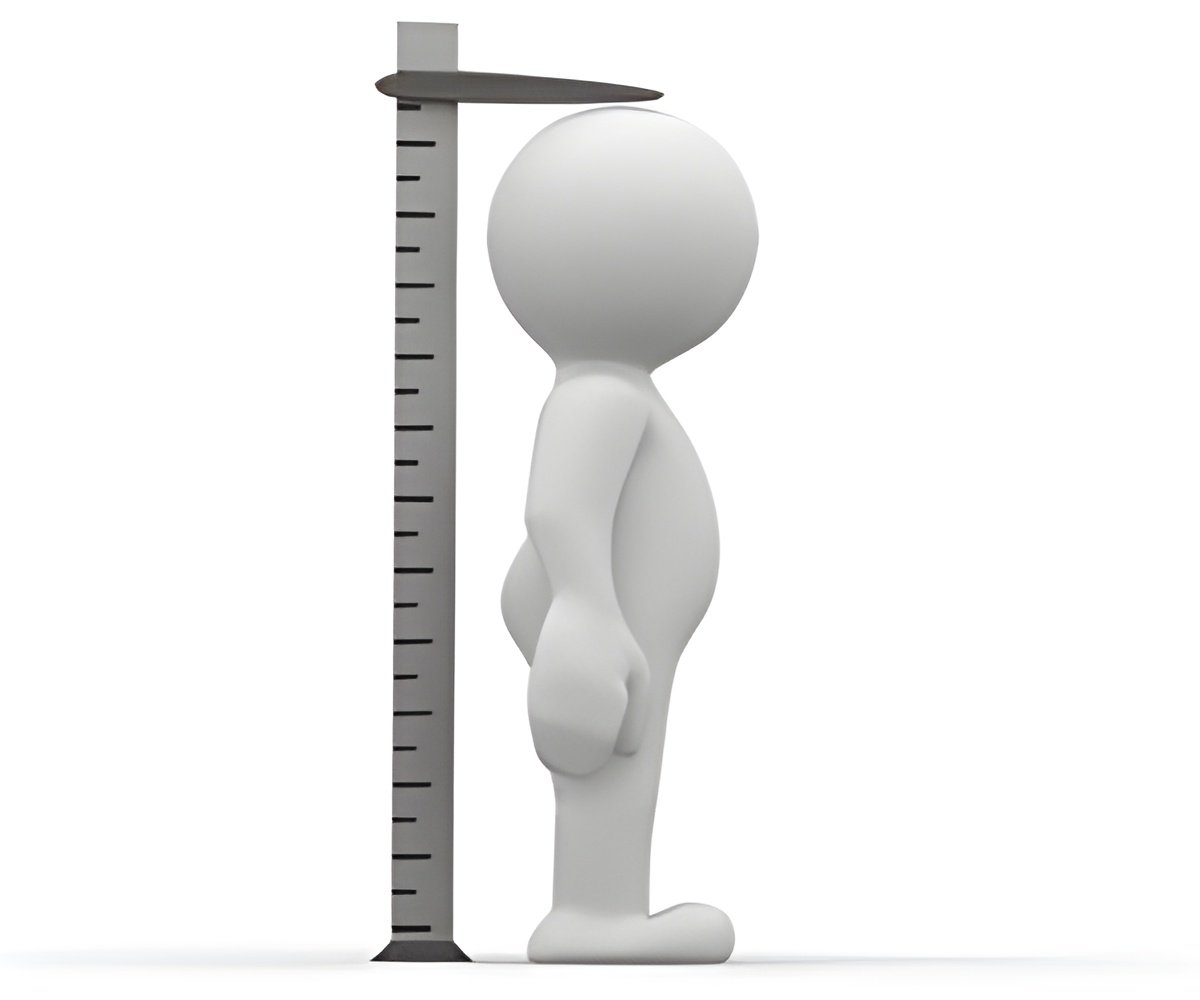
"Had we only examined the correlations between measured height and health, we would have missed this important insight," John Strauss, professor of economics at USC, and an investigator on the study said.
"The evidence shows that it is not only early-life events that are associated with how we age, but health decisions in later life as well," he said.
While prior work has looked for the connection between height and health - both in childhood and adulthood - the researchers are the first to examine height loss as we age.
They show that regardless of your maximum height, the loss of height over time is also an important indicator for other health issues as we age.
For example, the research reveals an especially strong relationship between height loss and cognitive health.
Advertisement
Among the socioeconomic factors that correlate to height loss, urban dwellers had much less height loss than those in rural areas, the researchers found, in a country where there has been significant migration to urban areas in the last few decades.
Advertisement
For women, having completed primary school was the difference in 0.6 cm of shrinkage, compared to average overall height decrease of 3.8 cm.
"Height has been recognized as an acceptable proxy for childhood health conditions, but there are complications there," USC economist Geert Ridder, a co-investigator on the study, said.
"Some of adult health might be determined by childhood circumstances, but people shrink differentially, and that shrinkage is also a measure of adult health conditions," Ridde said.
All humans go through physical changes with age, including an increase in body fat and decrease in bone mass.
But a decrease in height can be further exacerbated by certain kinds of arthritis, inflammation of spine joints or osteoporosis, which other studies have shown are associated with such lifestyle choices as diet, exercise and smoking.
The study is published in the American Economic Journal: Applied Economics.
Source-ANI










